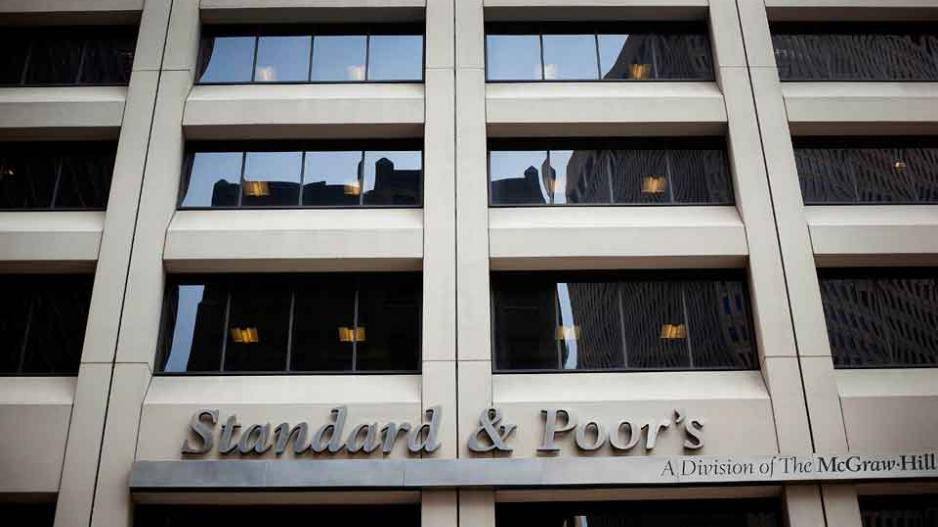Standard and Poor's Report on Cypriot Banks
Balancing Cost-Cutting and Digital Investments in a High-Inflation Environment
The ability of Cypriot banks to reduce operating costs while investing in digital transformation will be crucial in countering inflationary pressures and maintaining high credit provisions, according to the rating agency Standard and Poor's (S&P).
In its global banks report, S&P highlighted that despite significant progress, Cyprus's banks still have one of the highest stocks of nonperforming exposures (NPEs) in Europe. The report predicts this trend will persist into 2024-2025, given the challenging operating environment.
"As of the end of 2022, the NPE ratio stood at 9.5% of gross loans, keeping Cypriot banks among the highest in Europe for NPEs," the agency noted. It forecasts a slowdown in the sale of legacy problem assets in 2024, with ongoing monetary tightening and a slowing economy likely leading to increased NPE inflows. However, the situation should be manageable, given stricter credit standards and strengthened bank provisions.
The agency observed that while profitability prospects are improving, they remain weaker compared to European peers. It noted that rising interest rates have boosted net interest income, with banks' return on equity (RoE) peaking at over 13% in June, up from 4.7% in 2022. However, S&P estimates that RoE will drop to around 10% in 2025 as funding costs adjust.

S&P emphasized the importance of Cypriot banks reducing operating costs and investing in digital transformation to counter inflationary pressure and high credit provisions. While funding risks for banks are easing, nonresident deposits continue to be a source of volatility.
Regarding the economy, S&P pointed out that Cyprus' economic growth is expected to surpass the EU average. Despite significant exposure to Russia and the phasing out of the Cyprus Investment Program, growth is anticipated to stabilize at just below 3% over 2023-2026.
Credit losses are expected to remain high, potentially impacting banks' profitability, with projections of around 95 basis points in 2023-2024. This is attributed to sustained high inflation, higher interest rates, and a deteriorating operating environment.
However, the government's mortgage-to-rent scheme could mitigate some household NPEs. S&P remarked that even though a portion of the targeted NPEs is already outside the banking sector, this scheme could help alleviate some of the deterioration.






